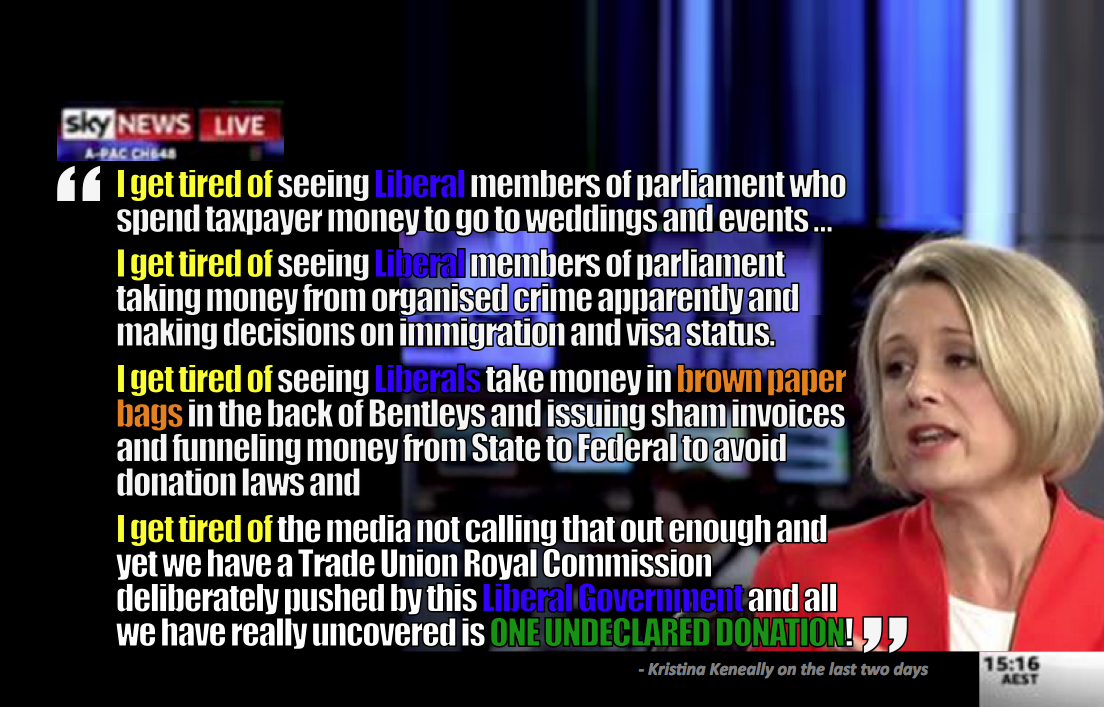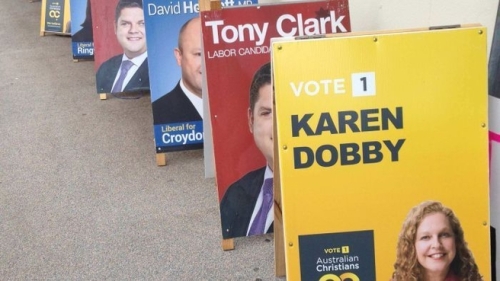Yesterday I saw a tweet…
Anyone else sick of f’ing losing elections yet?
— misha (@mishazelinsky) December 14, 2019
I guess that was the feeling among left people yesterday. Again an electoral defeat for our side of politics. But not only that. Against a candidate (in the case of Johnson and Trump, I think Morrison is not in that category) that on the scheme of things many – including on their side- would have thought it very improbable to ever being a suitable candidate to lead a country. And the other factor is that in the USA, Australia and Brexit many didn’t expected the right to win, and not just win, but increase their majorities or win convincingly. In the UK polls predicted a Conservative win. That was surprising enough considering the bin fire that the Conservatives have been for the past few years, but they actually increased their majority. and here is the clincher: They won seats which were traditionally Labour, where people are socioeconomically disadvantaged, where a Conservative Party has really not much concern for their day to day well being.
Brexit was certainly a factor in the UK. But in Australia low-income workers swung against Labor too. And in the USA the white working class helped Trump to the white house.
Media plays a factor. But they are not the main reason
A replay of the tactics used in Australia. Not claiming this as the reason but what is clear is democracies are now the plaything of billionaires. Lies spread by billionaires, the Murdoch press and Facebook https://t.co/aywqAl599W
— Sally McManus (@sallymcmanus) December 14, 2019
As Sally McManus the influence of the media is not the main reason why socioeconomically disadvantaged people would vote for a centre right party. I am not saying that it is a factor, but not the main factor. I see tweets blaming the Murdoch media for this happening, and while the bias there is a factor is not the main reason. The murdoch media (and other tabloid type media) do not create opinions, but very ably re-enforce any bias readers may have. And the most powerful one, which seems to have run through all the elections in the UK, USA and Australia is the ‘elites’ vs ‘the honest working person’.
Pitting the ‘elites’ vs the rest
The Murdoch media has very ably created the narrative that the left doesn’t represent the traditional working class anymore but the ‘inner suburban lefty’ who is more interested in things such as transgender issues, identity politics and the environment rather than bread and butter issues.
Labor used to mean: working class.
Labor now means: trendy, inner-city fringe issues.
And it’s killing them at the polls. https://t.co/77Yho5gyqP— Caroline Overington (@overingtonc) December 13, 2019
This argument could be challenged in the case of the UK elections as Corbyn had a very clear socialist democratic agenda which was very much bread and butter, but I think what swamped that was Brexit. I have a hunch (can’t prove it) that many of the working class people that voted Conservative did so because they felt weren’t listened by the Labour Party on this. And I would speculate that the Brexit issue in itself wasn’t the main issue, was that they felt dismissed – and here is the clincher.
People may be socioeconomically disadvantaged – but they want to feel respected.
So, instead of taking my reference to right wing media. what really took my attention was something that can be described more on the ‘left’ the 7AM podcast that is part of the The Monthly and Saturday Paper stable. The 11/11/19 podcast had Lech Blaine who grew up in country Queensland. After the 2019 federal election, he spent several weeks driving around the state, trying to understand what makes it different. He found people with a strong desire to be treated with respect.
What struck me was when he interviewed a miner called Steve who did work as a diesel fitter in a coalmine in Nebo QLD. Steve didn’t like mining, he didn’t like to stare at 20ks of scarred earth every day. He knew that it wasn’t good for the environment but he couldn’t see many other alternatives for steady work in the area. He was especially affected as he was in logging and that was scaled down, then in cattle that were affected by live export bans, and now he’s in coal mining he feels again his job is under attack by concerns down south from people that seem not to care about his predicament. Blaine says that the feeling of being abandoned started much earlier than Adani.
Steve in Nebo continues that “I know that a lot of people think we are just dumb coal miners, bogans and the rest of it which is how some portrayed us when Labor lost, but a lot of people I work with hate coal mining, we are trying to set ourselves up so when we have kids we can send them to Uni in Brisbane so they don’t have to work in sitty coal mining jobs”. So Blaine here makes the point that these people working in coal, want their kids to have the same opportunities they resent in others. Ultimately what motivates these people is their children’s future, to have a way out. And further he states that they didn’t believe Scott Morrison was going to deliver much, as they realise he didn’t have policies, just they felt he didn’t look down on them.
True? It does not matter, perception is the key.
Now I can hear retorts that most people on the left didn’t ‘look down on them’, but perception is the key. But some did and they were those that the right wing media concentrated on. And here I come back to the issue I said before. Right wing media may not change opinions by themselves, but they are very able to take a perception (inner suburban lefties looking down on regional workers) and embellish it with commentary that these people are out of touch and want to close down their places of employment and the game is done. This is after all a mantra of News Ltd. and Sky News.
The issue here is that we can complain that the perception is wrong, but if that is what is believed this changes voting patterns. Perhaps this is what Albanese and others have felt in their post elections Queensland tours. That is why Albanese has not advocated for a stop to coal exports. Joel Fitzgibbon has gone to town with advocating the inner suburban lefty vs coal miners argument. I guess a 20% swing against you towards One Nation does that to you.
#Auspol #ClimateEmergency pic.twitter.com/Ylz2qI4f3E— 💧 Sleeping Giants Oz 📣 (@slpng_giants_oz) December 15, 2019
But lets go back again to our coal miner from Nebo. If people in these areas don’t want their children not to be miners,want a government that gives them options, especially for their children (yes aspirational) That is equality of opportunities. That is what a social democratic party should be all about.











